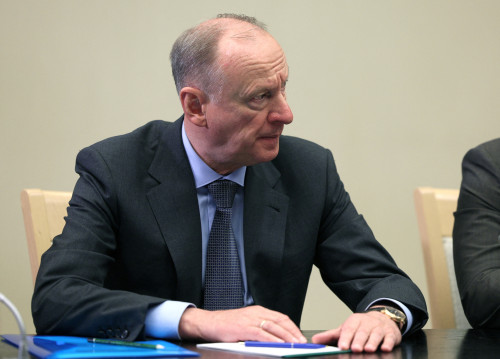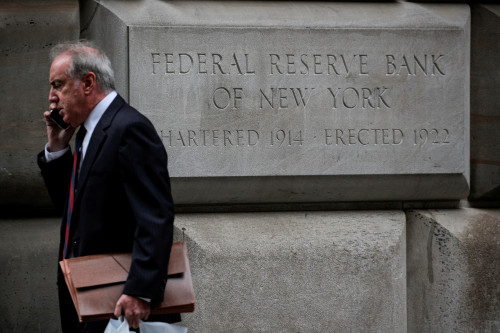By Aram Roston, Alexandra Ulmer
WASHINGTON (Reuters) -The Democratic chair of the U.S. Senate Finance Committee and a prominent Democratic congressman asked the U.S. attorney general on Thursday to appoint a special counsel to investigate whether Jared Kushner, former President Donald Trump’s son-in-law, was functioning as an unregistered foreign agent for Saudi Arabia, according to a letter from the lawmakers.
The letter from U.S. Senator Ron Wyden and U.S. Representative Jamie Raskin cited an Oct. 4 Reuters report that revealed that Kushner on multiple occasions had discussed U.S.-Saudi diplomacy concerning Israel with Saudi Arabia’s de facto ruler, Crown Prince Mohammed bin Salman, since leaving government.
“This revelation is deeply disturbing, as Mr. Kushner appears to be influencing U.S. foreign policy by acting as a political consultant to the Saudi government while also accepting their money,” Wyden and Raskin wrote in the eight-page letter to Attorney General Merrick Garland. The letter has not been previously reported.
“Mr. Kushner’s proximity to President Trump and the potential for political interference warrants the appointment of a Special Counsel,” the letter added.
Saudi Arabia has invested $2 billion into a private equity fund, Affinity Partners, that Kushner, who was a top adviser on the Middle East during Trump’s administration, founded in 2021 after leaving government, according to congressional investigators.
In a statement, Kushner said, “There is no conflict of interest.” He dismissed the letter as “silly political stunts.”
Chad Mizelle, Chief Legal Officer at Affinity Partners, called the request for a Special Counsel “a disgraceful attempt by Wyden and Raskin to turn an already weaponized DOJ into a fully political operation with accusations that have no merit or evidence.”
The Department of Justice and the Saudi Arabian embassy did not immediately respond to requests for comment.
Saudi Arabia’s investments in Kushner’s fund have been criticized by ethics experts, Democrats in Congress and some Republicans, who have expressed concern that Saudi Arabia’s stake can look like a payoff since Kushner worked on Saudi issues before leaving Trump’s White House.
“There is substantial reason to believe,” the letter wrote, “that the Saudi government’s decision to engage Affinity for investment advice is a fig leaf for funneling money directly to Mr. Kushner and his wife, Ivanka Trump.”
Affinity and Kushner have previously denied that Saudi Arabia’s investments are a payoff or a conflict of interest. Affinity has said Wyden and his Senate staff do not understand the realities of private equity.
The letter comes less than two weeks before the Nov. 5 U.S. presidential election between Trump, a Republican, and Democrat Kamala Harris. Special counsel investigations have more political independence than prosecutions run by Justice Department attorneys, though special counsels can be fired by the Attorney General.
During his time as Trump’s special advisor, Kushner engineered the Abraham Accords, a series of agreements in which Islamic nations established diplomatic ties with Israel in exchange for concessions by the United States. Saudi Arabia never signed on but the Biden Administration has tried to encourage the kingdom to normalize relations with Israel, an effort that appeared to stall amid the Gaza conflict.
The Oct. 4 Reuters report, quoting a source familiar with the discussions, said Kushner’s talks with Saudi Arabia’s crown prince included the process of normalizing relations between Israel and Saudi Arabia. The source did not identify when the talks took place and whether they occurred before or after the start of the Gaza conflict.
The U.S. Foreign Agents Registration Act, or FARA, requires agents of foreign interests who engage in political activity to register with the Department of Justice.
Wyden is the chairman of the Senate Finance Committee and has been investigating investments by Saudi Arabia and other countries in Kushner’s funds since June. Raskin is the ranking member of the House Committee on Oversight and Accountability.
(Alexandra Ulmer reported from San Francisco. Editing by Jason Szep)




